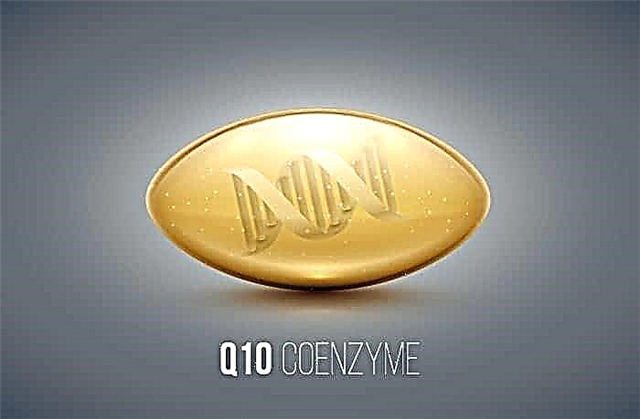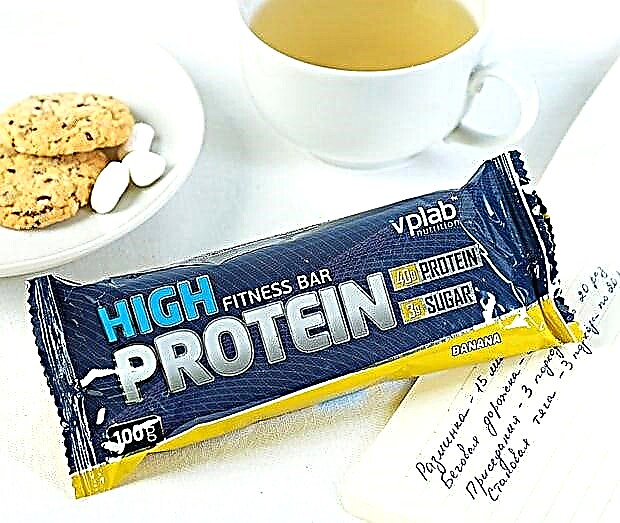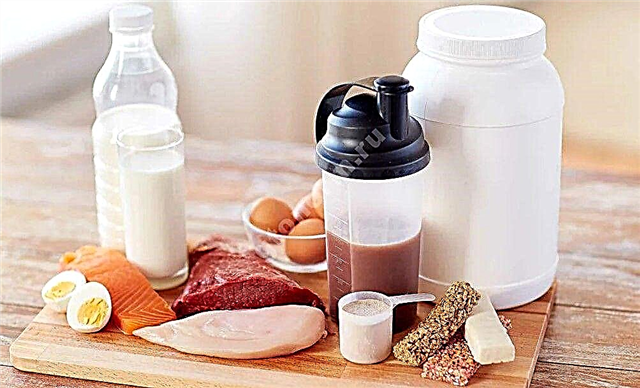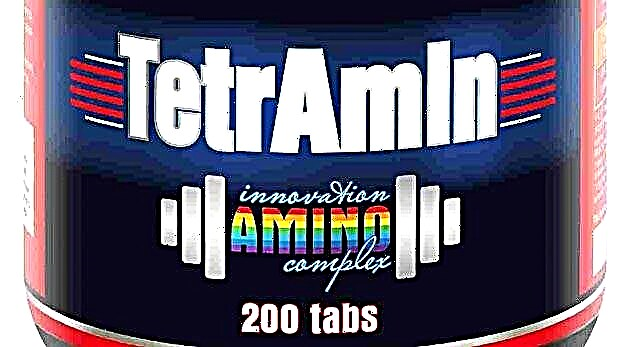Persimmon is a healthy and tasty fruit. It boasts a high content of trace elements and vitamins in its composition and at the same time has a low calorie content. The fruit is excellent for dietary nutrition and is simply necessary for athletes in the winter, when fruits and berries in the diet are categorically not enough to strengthen the cardiovascular system. Persimmon perfectly satisfies the feeling of hunger and can be used for cosmetic purposes, for which women are especially fond of it.
The composition of vitamins, microelements and calories
Persimmon has a rich composition of vitamins and minerals, which makes it a very useful fruit. As for the calorie content, there are 70.4 kcal per 100 g, which is considered a low figure, given the decent amount of sugar in the fruit.
The nutritional value of the product (BZHU) per 100 g is as follows:
- fats - 0.2 g;
- carbohydrates - 18.5 g;
- proteins - 0.7 g;
- cholesterol - 0;
Chemical composition of persimmon, vitamins and minerals per 100 g:
- water - 80.42;
- ash - 0.34;
- fiber - 4.1;
- sucrose - 1.53;
- glucose - 5.43;
- fructose - 5.58;
- iron - 0.15 mg;
- vitamins C 7.5 mg
- vitamins A 20.9 mg;
- sodium - 1.2 mg;
- calcium - 8 mg;
- phosphorus - 17 mg.
Persimmon composition - features:
- low fat;
- lack of cholesterol;
- high vitamin A;
- a good indicator of vitamin C;
- sufficient fiber content.
With all this, persimmon has one drawback - a high sugar rate.
On average, one fruit weighs 250-300 g, and therefore, the calorie content of the fruit varies from 176 kcal to 211.2 kcal. However, there are smaller varieties of persimmon, such as "king". This type of fruit is small in size, it does not have an astringent property, but it has a pronounced taste (calorie content per 100 g - 52 kcal).

© happyyuu - stock.adobe.com
Useful properties of persimmon
In addition to its overall health benefits, the fruit has great cosmetic potential due to its antioxidant content, which helps fight aging. It is also noteworthy that persimmons are useful not only fresh, but also in any form, for example, dried (dried) or frozen. Let's look at the three product states separately.
Fresh fruit for health
Fresh persimmon is most useful for health, which is quite obvious, since its composition of vitamins and other components does not change during processing. Moreover, the benefits are brought not only by the pulp of the persimmon, but also by its peel.
The most common beneficial qualities of the fruit include:
- Stimulates the elimination of toxins, salts and toxins.
- Improves the functioning of the digestive tract and increases efficiency.
- Satisfies hunger, therefore it is often used in various diets.
- Acts as a cosmetic component suitable for facial skin care for women and men.
- Reduces the likelihood of developing cancer - in particular, lung cancer.
- Freshly squeezed juice relieves sore throat and coughs.
- Helps maintain vision with vitamin A.
- Acts as a diuretic and prevents the formation of kidney stones.
- The juice from a ripe fruit is used to prevent colds.
- Thanks to the iron in the composition, persimmon is used to treat anemia.
- An excellent alternative to pharmaceutical sedatives, it normalizes the functioning of the nervous system.
- Regular consumption of the fruit strengthens the immune system.
- It is used in the treatment of intestinal disorders.
- Persimmon has a positive effect on the work of the cardiovascular muscle, strengthens it and makes it stronger.
The beneficial properties of persimmon appear only with the regular use of ripe fruit. For people involved in sports, this fruit is an irreplaceable find. It is believed that men who are involved in bodybuilding need to strengthen the heart muscle more, but this is a misconception. The stress on the heart occurs during any cardio workout, whether it's crossfit or jumping with a rolling pin. Even if you are jogging, during the winter period you just need to include persimmons in your diet.
Dried or sun-dried berries
The health benefits of dried or dried persimmons are also great. This fact has been confirmed in Chinese medicine.
The main useful properties of dried persimmon:
- Improving bowel function.
- Elimination of alcohol oxidation products from the body, which minimizes the harmful effects of alcohol.
- Lowering blood pressure and normalizing blood circulation due to the high content of potassium in dried persimmon.
- Help with cough treatment.
- Anti-aging - cosmetic.
- Strengthening the immune system.
- Positive effect on vision - persimmon makes the eyes more resistant to light.
A separate advantage can be considered the property of dried persimmon to be stored for a long time (more than 3 months), in addition, you can dry persimmons with your own hands at home.

© К - stock.adobe.com
Frozen persimmon
Frozen persimmons are less useful for the human body than fresh ones. This is due to the fact that during freezing, some of the useful elements are destroyed. Despite this, essential minerals such as magnesium and calcium, as well as vitamins A and C, remain in sufficient quantities even after prolonged freezing.
On the positive side, persimmon will lose its viscosity, which not everyone loves, and will become more tasty for children to eat. Also, frozen persimmons can be used for cosmetic purposes to cleanse the skin of the face.
Note: The peel of the fruit must be eaten - it contains useful minerals that reduce the risk of diabetes. These compounds regulate blood sugar levels.

© Battista Asaro - stock.adobe.com
Persimmon for weight loss and sports
Persimmon is a wonderful fruit suitable for weight loss and healthy for athletes. During cardio training, persimmon strengthens the heart muscle, making athletes more enduring and stronger. In addition, persimmon is an excellent fat burner, which is perfect for men and women who want to dry subcutaneous fat to obtain a beautiful relief.
While dieting, persimmon is not only possible, but also needs to be consumed. But only in moderation, otherwise, instead of the desired effect, you will get extra centimeters on your hips or waist.
A fully ripe fruit that is not stale in warehouses or counters is suitable for dietary nutrition. In the spring, it is better to refrain from buying persimmons, as the ripening season begins in mid-autumn and ends in mid-winter.
There are many types of diets that prescribe eating only this fruit. Sometimes it is allowed to add other products.
Persimmon diets have features:
- you cannot combine fruits with dairy products - this will lead to an upset stomach;
- it is necessary to give up foods containing fast carbohydrates, otherwise, due to an excess of sweets, you will get better;
- leaving the diet can be stressful due to the body's addiction to sweets, which will appear in the process, so you should continue to consume persimmon in the first days - first half, then a quarter, then you can replace the fruit with honey or dried fruits in small quantities.
It is recommended to use a persimmon of the "kinglet" type during the diet, it is good for its small size and lower calorie content. It is better not to take Spanish persimmons because the fruit is too large. In addition, eating persimmons at night instead of dinner is undesirable due to the high sugar content of the fruit.
Harm and contraindications to use
Despite all the useful properties of persimmons, in some cases it can be harmful.
Fruit consumption is contraindicated:
- with allergies and individual intolerance;
- disturbances in the work of the pancreas;
- acute diabetes mellitus;
- in the postoperative period;
- with gastritis or poor gastrointestinal function;
- impaired renal function;
- obesity.
Persimmons are not recommended for children under 3 years of age.
Note: during diabetes mellitus, if it is not an acute form of the disease, you can eat one fruit per day, but no more. The same applies to women during pregnancy: the fruit is useful and needed to replenish the supply of vitamins, but abuse can lead to a further allergic reaction to the product in the child.
It is not advisable for men and women - athletes to eat more than 1-2 fruits per day, so as not to overload the heart.
Dried (dried) persimmons are harmful to people with anemia. It is not recommended to eat it on an empty stomach or with dairy products. The peel or frozen persimmon has no individual contraindications, except for the above. Unless spoiled or damaged peel is not worth eating.
Excessive consumption of persimmon can adversely affect human health, this is due to the ability to overload the body with vitamin A. Such an overdose is fraught with nausea, vomiting, seizures, discoloration and short-term visual impairment.
Outcome
Persimmon is a healthy fruit, especially in winter when the body lacks vitamins. You can eat the fruit in any form, the main thing is in moderation.
Persimmon is great for athletes who prefer static cardio. In addition, with the help of the fruit, you can not only lose weight, but also put your face in order, namely, to cleanse the pores and prevent premature aging.









